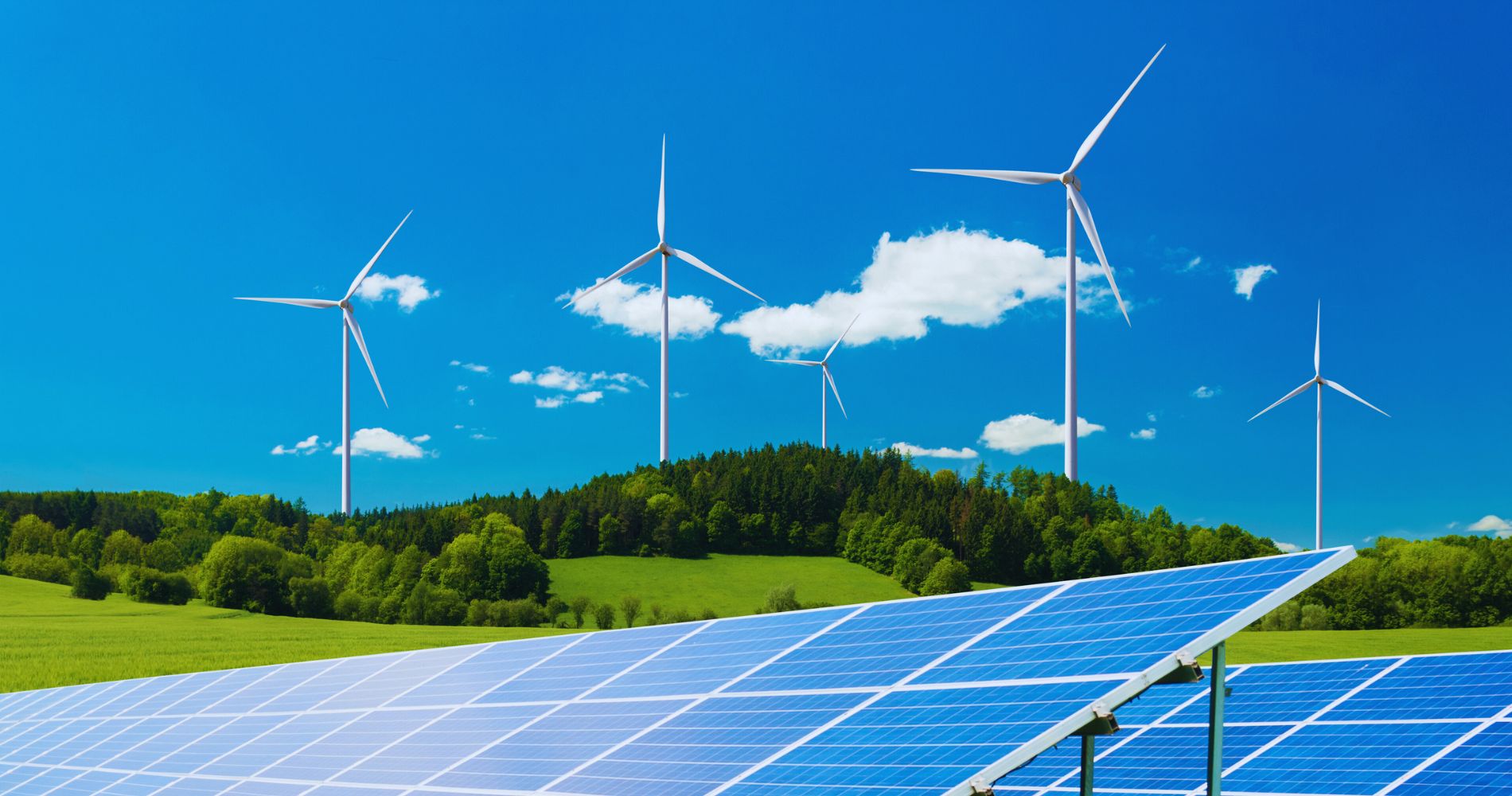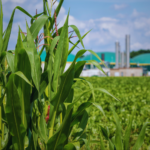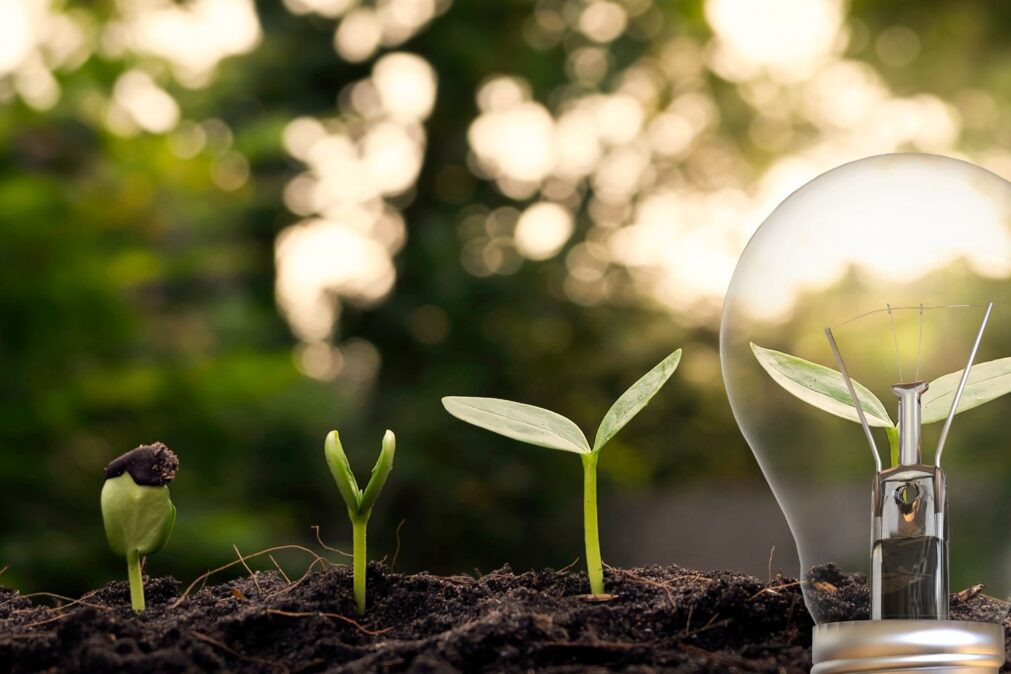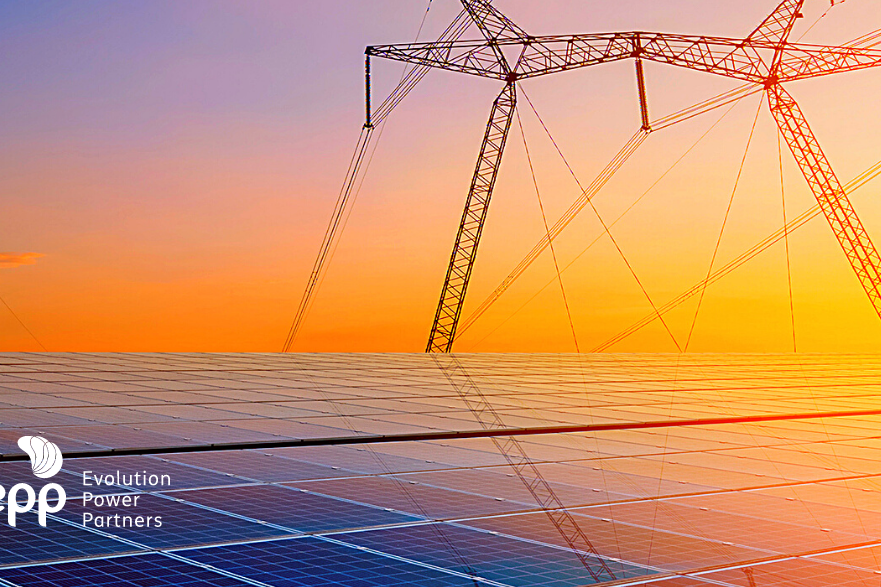A look at clean energies
The shift to clean energy sources has become a strategic issue for many countries, and Brazil, one of the world’s leading economies, is at the forefront of this movement. However, the country faces a series of challenges, ranging from the need to diversify its energy matrix to the development of adequate infrastructure to fully exploit its vast potential in renewable energies.
Brazil has always had a cleaner energy matrix than the world average due to its extensive use of hydroelectric plants, responsible for around 65% of electricity generation in the country, according to the Ministry of Mines and Energy (2022). But the scenario has been changing with the water crisis and the growing awareness of the environmental impact of these megastructures.
According to the Intergovernmental Panel on Climate Change report, Latin America, especially Brazil, has a significant role in the transition to a low-carbon economy, given its potential in clean energy.
Wind and solar energy have been gaining prominence in this scenario. In 2022, Brazil reached the mark of 19 GW of wind energy installed capacity, according to the Brazilian Wind Energy Association (ABEEólica). In addition, the country has seen exponential growth in solar energy capacity, reaching 8.8 GW according to the Brazilian Association of Photovoltaic Solar Energy (ABSOLAR).
This advance has been driven by the regulation of the distributed generation market and by government initiatives to encourage the adoption of renewable sources. However, the clean energy production capacity in Brazil is still far from its full potential, estimated at 164 GW for wind energy and 28.5 GW for solar energy by the International Renewable Energy Agency.
The development of clean energy infrastructure is also being encouraged. The implementation of smart grids, or intelligent electrical networks, will allow better management of energy distribution, increasing efficiency and allowing the integration of a wider range of energy sources. In addition, measures are being taken to expand the power transmission network, which is crucial for the country to be able to take full advantage of its potential in renewable energy.
However, there are challenges to be overcome. One is the need for investment in research and development to improve efficiency and reduce costs of producing clean energy. Another is the need to invest in training and education so that the workforce can meet the growing demand for specialized skills in the renewable energy sector.
Brazil has a crucial role in the global transition to a low-carbon economy, due to its vast potential in renewable energy. Government policies and private sector participation will be key to ensuring that this potential is fully realized.
In short, Brazil’s energy market is at a crucial juncture. The transition to clean energy sources, if managed well, can offer a range of benefits, from reducing carbon emissions to creating jobs and diversifying the economy. But for this to happen, a coordinated commitment from governments, the private sector and society is essential. The future of Brazil, and indeed the planet, may depend on it.





